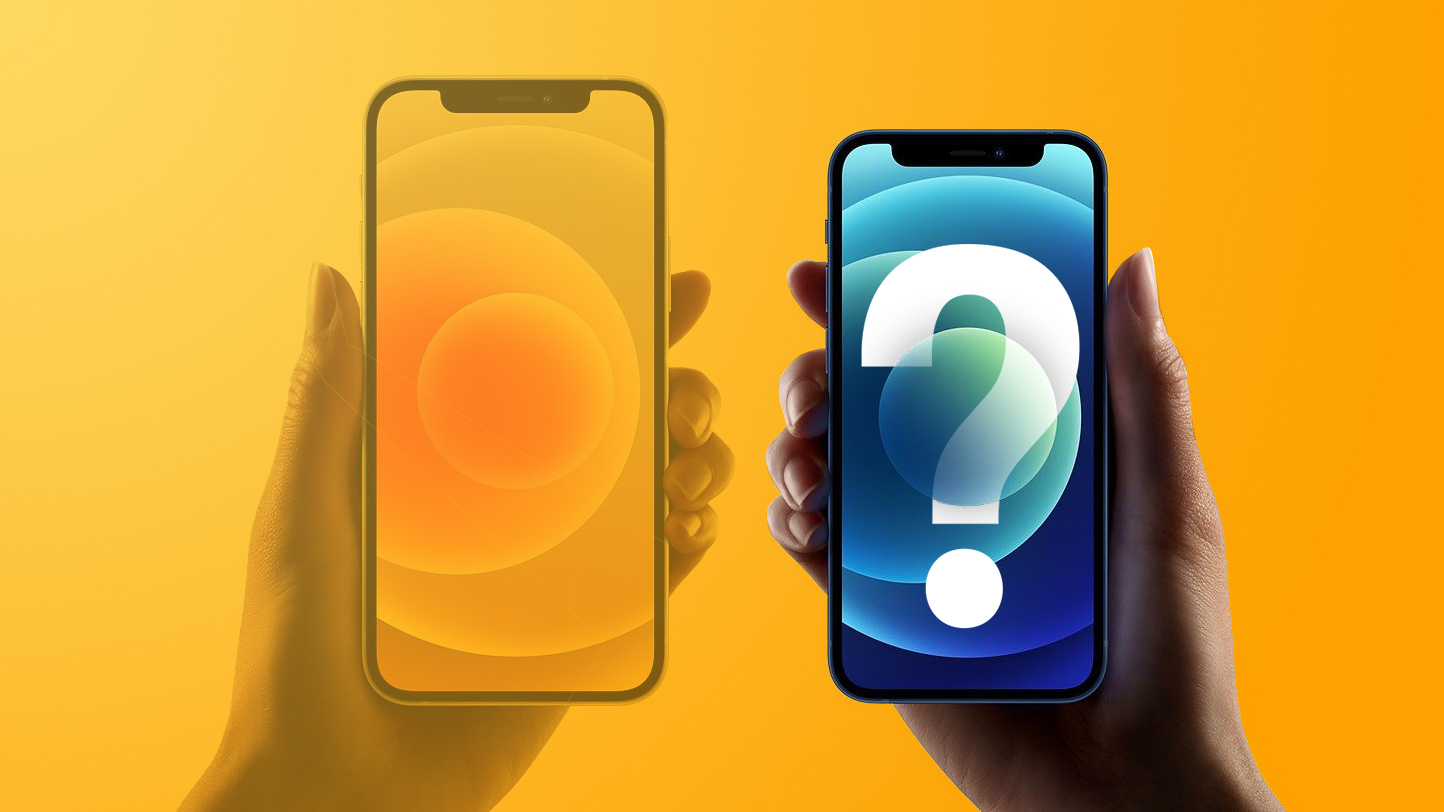Fans of smaller phones rejoiced when Apple introduced the iPhone 12 mini in 2020, followed by the iPhone 13 mini a year later. However, after nearly three years of availability, the end of the road might be near for the 5.4-inch device.

As noted by Bloomberg's Mark Gurman, iPhone 13 mini stock is running low, with Apple's online store in the U.S. quoting a 2-3 week shipping estimate for some models, and even 6-8 weeks for a few others. The shortage suggests that the iPhone 13 mini might be discontinued after Apple announces new iPhones at its "Wonderlust" event on Tuesday.
Apple did not release an iPhone 14 mini last year, but it kept the iPhone 13 mini available as a lower-cost option, with pricing starting at $599 in the U.S. If you are interested in buying the iPhone 13 mini, now might be your last chance, as it is looking likely that Apple will discontinue the device on Tuesday after unveiling the iPhone 15 series. Apple's new lineup will likely consist of the 6.1-inch iPhone 15, 6.7-inch iPhone 15 Plus, 6.1-inch iPhone 15 Pro, 6.7-inch iPhone 15 Pro Max, 4.7-inch iPhone SE, and the 6.1-inch iPhone 13.
While there initially appeared to be pent-up demand for a smaller iPhone, actual data suggested that the iPhone mini had low sales relative to other iPhone models. In April 2022, research firm CIRP estimated that the iPhone 13 mini accounted for just 3% of overall iPhone 13 sales in the U.S. in the first quarter of that year.
Going forward, customers who want a small iPhone from Apple will have to settle for the entry-level iPhone SE, but even that device is rumored to be updated with a larger 6.1-inch display in the next year or two. At least for the time being, it appears that Apple has realized that smaller phones just aren't that popular after all.
This article, "iPhone Mini Might Be Discontinued Following Apple Event This Week After Three-Year Run" first appeared on MacRumors.com
Discuss this article in our forums
Source: TechRadar

As noted by Bloomberg's Mark Gurman, iPhone 13 mini stock is running low, with Apple's online store in the U.S. quoting a 2-3 week shipping estimate for some models, and even 6-8 weeks for a few others. The shortage suggests that the iPhone 13 mini might be discontinued after Apple announces new iPhones at its "Wonderlust" event on Tuesday.
Apple did not release an iPhone 14 mini last year, but it kept the iPhone 13 mini available as a lower-cost option, with pricing starting at $599 in the U.S. If you are interested in buying the iPhone 13 mini, now might be your last chance, as it is looking likely that Apple will discontinue the device on Tuesday after unveiling the iPhone 15 series. Apple's new lineup will likely consist of the 6.1-inch iPhone 15, 6.7-inch iPhone 15 Plus, 6.1-inch iPhone 15 Pro, 6.7-inch iPhone 15 Pro Max, 4.7-inch iPhone SE, and the 6.1-inch iPhone 13.
I just want to say that I hate you all for not buying the iPhone mini resulting in its cancellation and I’ll never forgive you for it.
— Snazzy Labs (@SnazzyLabs) September 6, 2023
While there initially appeared to be pent-up demand for a smaller iPhone, actual data suggested that the iPhone mini had low sales relative to other iPhone models. In April 2022, research firm CIRP estimated that the iPhone 13 mini accounted for just 3% of overall iPhone 13 sales in the U.S. in the first quarter of that year.
Going forward, customers who want a small iPhone from Apple will have to settle for the entry-level iPhone SE, but even that device is rumored to be updated with a larger 6.1-inch display in the next year or two. At least for the time being, it appears that Apple has realized that smaller phones just aren't that popular after all.
Related Roundup: iPhone 13
Related Forum: iPhone
This article, "iPhone Mini Might Be Discontinued Following Apple Event This Week After Three-Year Run" first appeared on MacRumors.com
Discuss this article in our forums
Source: TechRadar